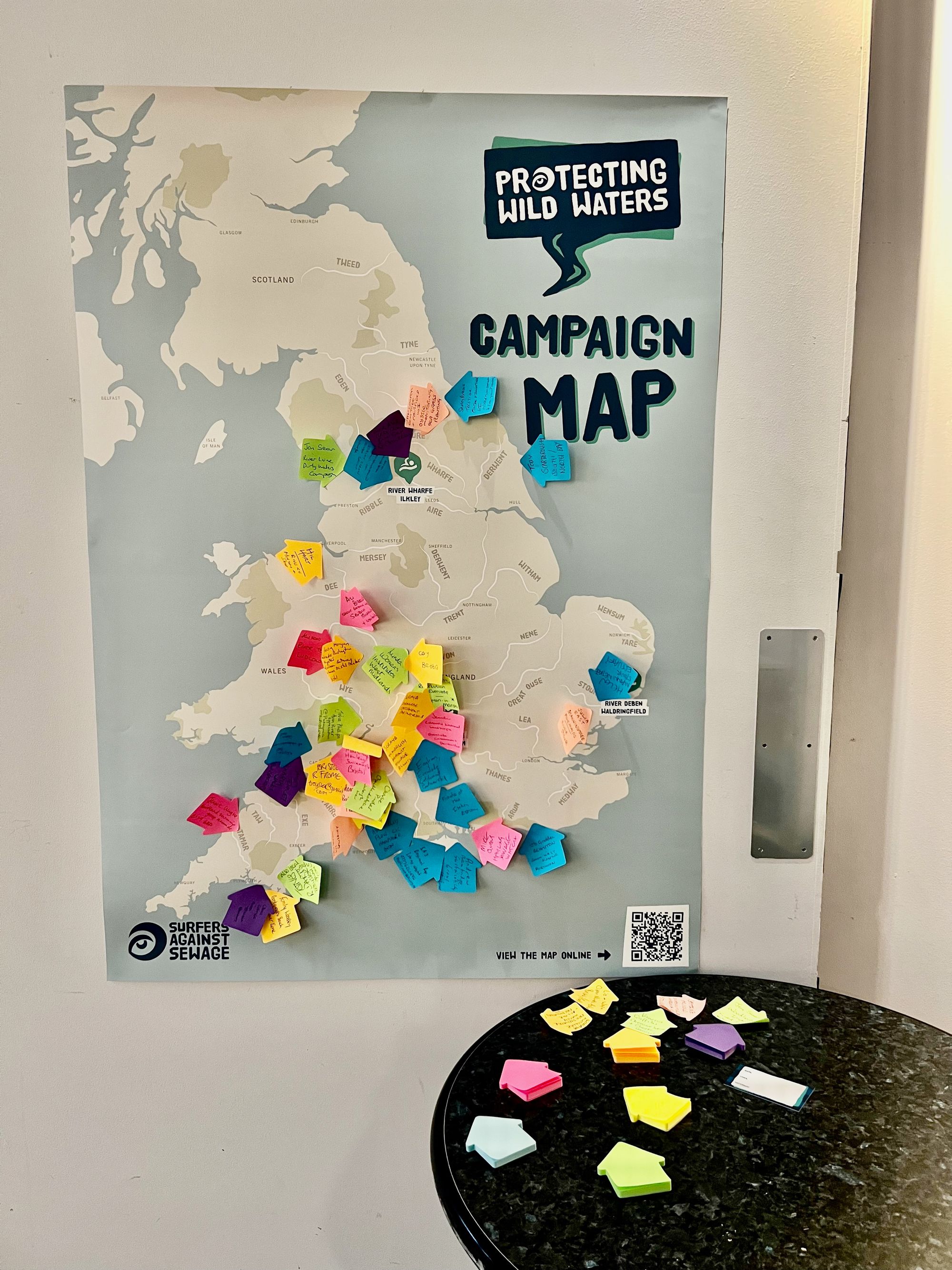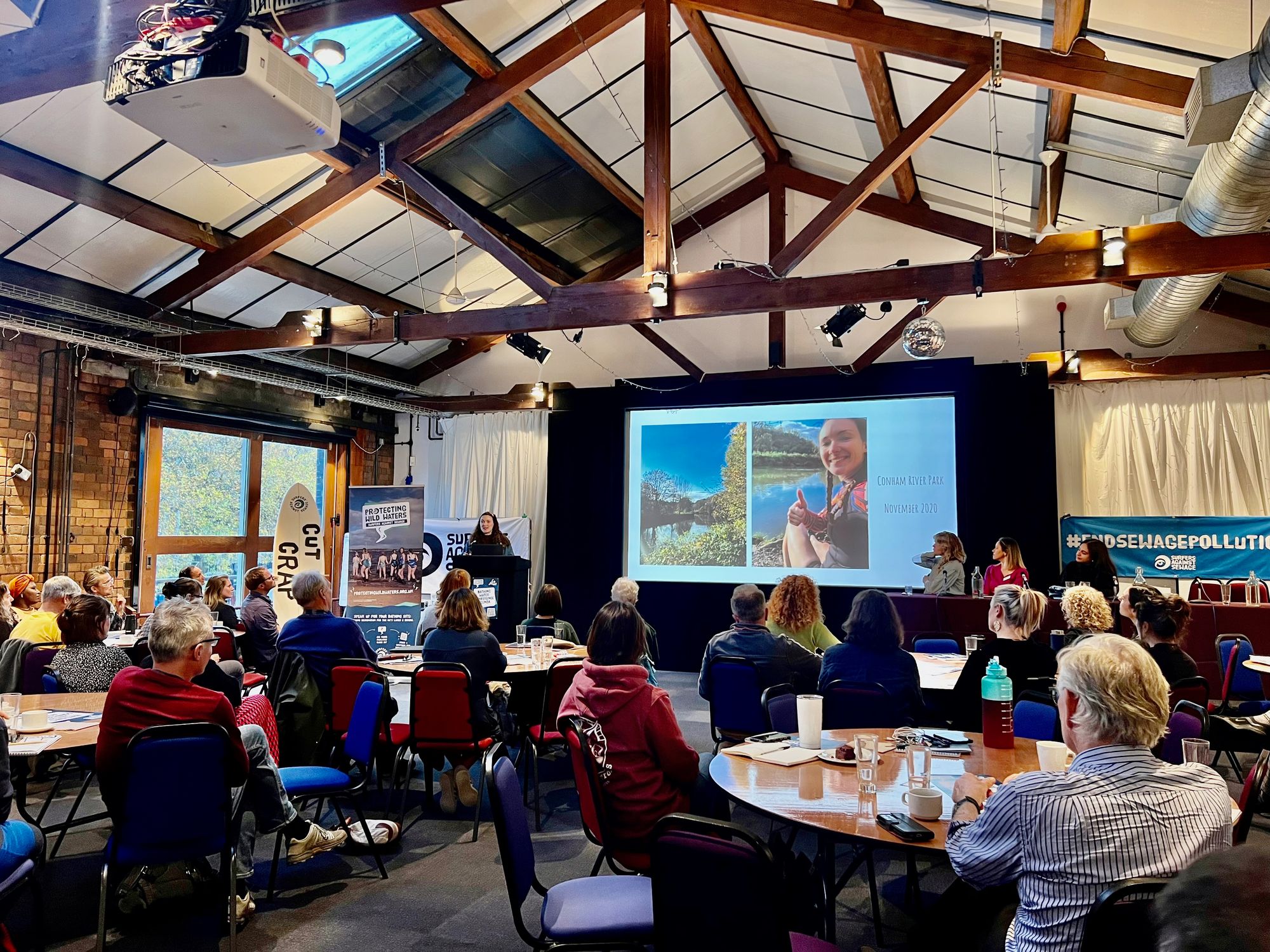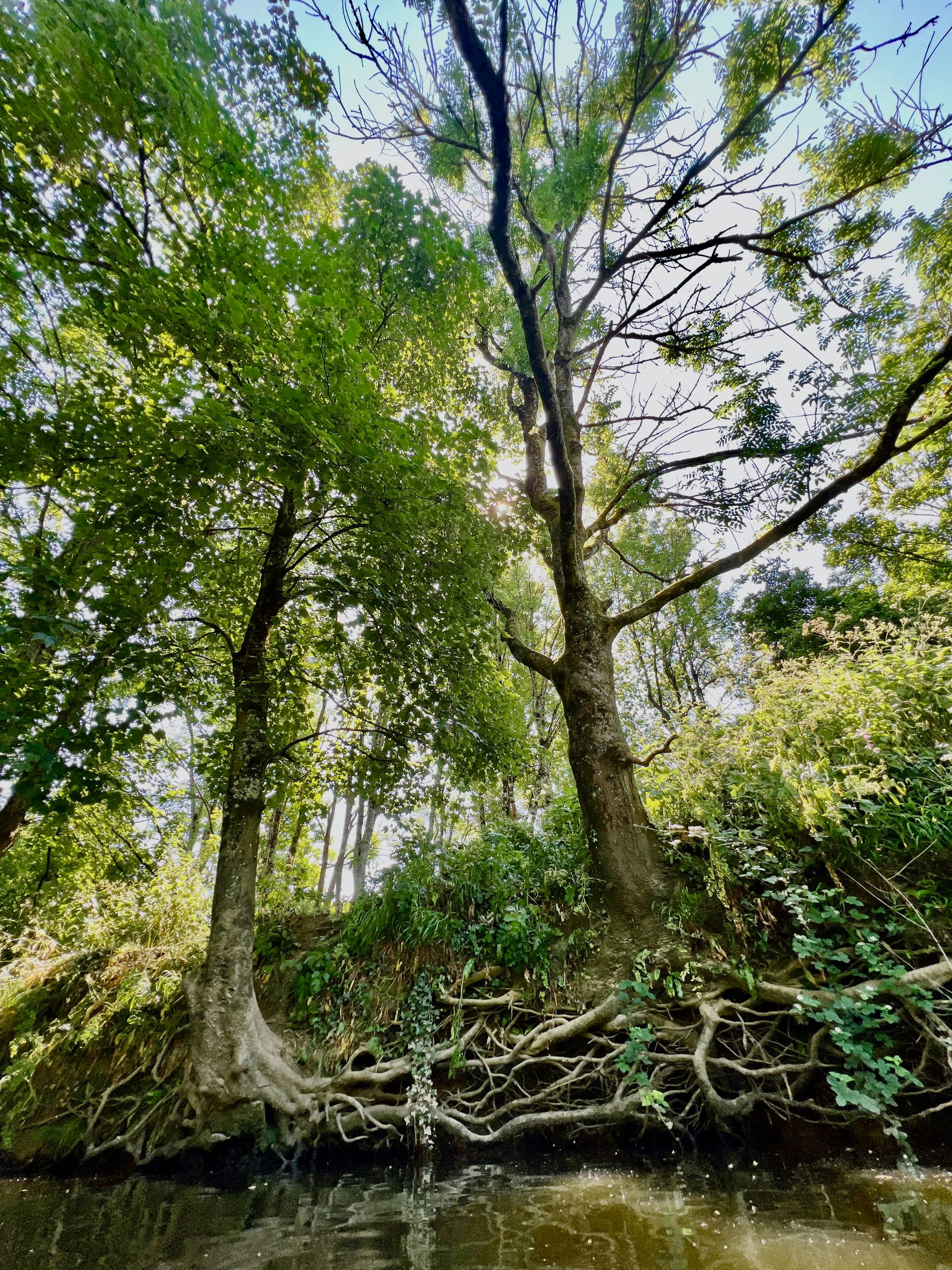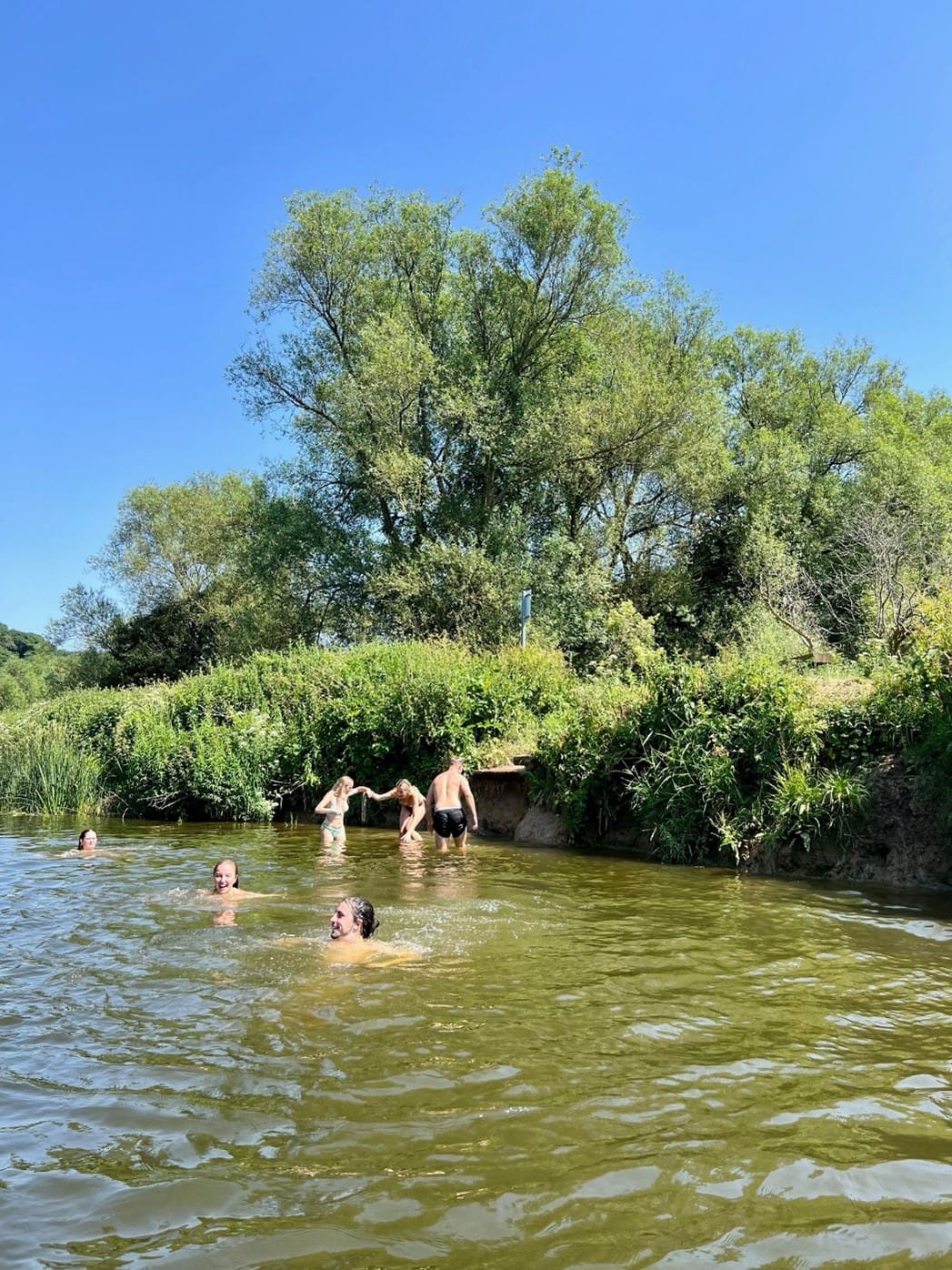By Laura Nesbitt, Final Year, Liberal Arts
Five years ago, water companies and regulators said it wasn’t a big deal that sewage flowed into our waterways; now, it's an election issue.
Next year, the local elections are scheduled to take place on May 2, 2024. These elections will determine councils and mayors in England. Last year, the Mayor of Bristol, Marvin Rees, denied an amendment to a 2009 by-law that prevented swimming in Conham River Park: a popular spot for swimming, paddle-boarding, kayaking and boating for University of Bristol students and locals.
Wild swimming, a recreational pastime in the UK, has been slowly building a following in the last decade, with a boom in 2020 during the pandemic. The University of Bristol's Wild Swimming Society (set up in the autumn of 2019) have been regular users of Conham River Park, Clevedon Marine Lake, Saltford, and Warleigh Weir. However, the only existing body of water with designated Bathing Water Status in Bristol is Henleaze Lake, which is a private members-only lake and has a very long waiting list.
Laura Nesbitt, a competitive open water and ice swimmer and trustee for Clevedon Marine Lake, attended Surfer Against Sewage's (SAS) first Bathing Water Conference, on behalf of Epigram. This was an event for communities and individuals who want to protect their wild waters and find out about applying for bathing water designation.
Officially designated bathing waters are the only blue spaces where water quality is regularly monitored for its effect on human health. Legal obligations are thus put on polluting industries to clean up their act, so to speak. In the UK there are currently only three stretches of river that have been designated as bathing waters: all of these have been won through local campaigns by individuals.

Collaboration was the core theme of all the talks at the conference, including how to equip locals to establish a campaign in their community, how citizen science can bolster campaigns and how we can create change at both a local and national level. All attendees left with a toolkit on how to enact change at their local bathing spot.
Eva Perrin, an aquatic ecologist and recent Ph.D. graduate in freshwater biogeochemistry, is currently working in the NGO sector with citizen science and community action groups, as well as collaborating with SAS. She gave a presentation on how to utilize citizen science to support bathing water campaigns.
Becca Blease, a Research Impact Specialist and Environmental Campaigner, also presented on how to conduct a bathing water campaign that truly represents your community. Both Becca and Eva have been pivotal in the success of Conham Bathing, as Bristol swimmers and local residents' campaign for cleaner water at Conham River Park.

Michelle Walker, a Technical Director at The Rivers Trust, emphasises the need for collaboration, stating,
We have to work in collaboration; we can’t do it alone. It would be ideal to raise funds independently, without resorting to water companies, Nestlé, and Coca-Cola. However, the reality is that they hold the majority of funds for our river catchments, so we must engage with them to exert influence.
Given the political circumstances last year in Bristol, when Marvin Rees rejected their amendment, the group plans to wait until there is no by-law next year, in order to apply for Designated Bathing Water Status. This formal recognition will highlight water quality issues and ensure monitoring, enabling them to hold regulators and polluters accountable and use the bathing status as a mechanism for local change that complements the national efforts to protect river ecology and human health.

Featured imaged: Laura Nesbitt
Will water quality and environmental policies influence your vote in the next local election? Why or why not?









